Water Intoxication: 10 Side Effects & How To Reverse Them
Gulping down too much water can lead to some pretty unexpected health issues.

Image: Shutterstock
Water gives life and is essential for better health (1). But are you aware of the side effects of drinking too much water? Overhydration causes water intoxication also known as dilutional hyponatremiai A medical condition that occurs when the sodium in your body is lower than normal. The symptoms include nausea, fatigue, and confusion. and hinder normal brain functions (2), (3). Read on to learn about the symptoms of water intoxication and how to reverse it.

In This Article
What Is Water Intoxication?
Water intoxication, also known as overhydration or water poisoning, is a life-threatening condition caused by drinking too much water (4). It is characterized by electrolyte imbalance or low sodium concentration in blood (less than 135 mEq/L), which is known as hyponatremia (5).
Overhydration symptoms include confusion, nausea, vomiting, headache, irregular heartbeat, difficulty concentrating, and disorientation. Severe cases of water intoxication may also lead to coma or death (4). Listed below are 10 side effects of drinking too much water.
Key Takeaways
- Excess consumption of water may cause symptoms like nausea, diarrhea, headache, and disorientation.
- High intake of water may put pressure on the kidneys and affect their functioning.
- Women and men should drink 91 oz and 125 oz of water regularly.
- Drink electrolyte drinks to help balance the salt in the body and avoid overhydration.
10 Side Effects Of Drinking Too Much Water
1. Causes Hyponatremia

Hyponatremia is a decrease in sodium levels below 135 mEq/L blood serum. It happens due to rapid overhydration. Sodium is an important salt that helps in cell signaling and various other functions in the body. So, when your serum sodium levels drop, you start feeling nauseous, disoriented, fatigued, or get a headache. In severe cases, it might also lead to death. Hyponatremia may also occur if you have underlying health conditions like heart, liver, or kidney issues, where water regulation is compromised (5). So, if you have any of these conditions, it is recommended to be mindful of your daily water intake.
 Quick Tip
Quick Tip2. Causes The Cells To Swell Up
When the sodium level in your body decreases, water enters the cell through the semipermeable cell membrane through the process of osmosis. This results in swelling up of the cells (6). The swelling of the body cells (including the brain) causes serious damage to the muscle tissues, organs, and brain.
3. May Cause Diarrhea
Overhydration may result in severe diarrhea and prolonged sweating.
It is caused due to hypokalemia or a decrease in potassium ions. The balance between intracellular and extracellular potassium ions is hampered when you drink too much water. In fact, a mere 1% change in potassium ion distribution can lead to a whopping 50% change in plasma potassium ion concentration (7).
4. Affects The Brain
Hyponatremia or sodium deficiency in the blood can lead to the swelling of the brain. This, in turn, results in speech disability, disorientation, walking instability, psychosisi A mental disorder in which people lose connection to reality and start hallucinating and talking incoherently. , and even death. A case study described a 65-year-old woman who presented with generalized weakness, slurred speech, and a new-onset facial droop, mimicking stroke-like symptoms. A brain CT scan was negative, but her sodium level was critically low (99 mmol/L). Her medication history included hydrochlorothiazide, omeprazole, and irbesartan, which may have contributed to severe hyponatremia. Gradual sodium correction was initiated, and by the fifth day of hospitalization, most neurological symptoms had resolved, indicating that her stroke-like presentation was reversible with sodium repletion (8), (9), (10), (11).
5. Overburdens The Heart
Overhydration may lead to heart failure in people undergoing dialysis (12). A study published in the Clinical Journal of the American Society of Nephrology investigated the impact of fluid overload on cardiovascular morbidity and all-cause mortality in predialysis patients with stage 4 and 5 CKD (chronic kidney disease). Over a median follow-up of 23.2 months, researchers analyzed 478 patients using a body composition monitor to assess hydration status. The findings revealed that each 1% increase in overhydration/extracellular water raised the risk of mortality or cardiovascular events by 8% (HR: 1.08, 95% CI: 1.04–1.12, P<0.001), and patients with fluid overload (≥7%) had 1.93 times higher risk compared to those with lower levels (13). The heart performs the vital function of pumping blood through your entire body. When you consume too much water, it increases the volume of blood inside your body. The increased blood volume exerts unnecessary pressure on the blood vessels and heart. It may also sometimes lead to seizures and brain damage (14).
6. Overburdens The Kidneys
Overhydration may cause acute kidney injury (AKI) (15). High water intake also lowers plasma levels of arginine vasopressini A hormone involved in various physiological actions, including helping the kidney control the amount of water and salt in the body. , which helps preserve kidney function. A study published in Electrolyte Blood Press explored the impact of high water intake on chronic kidney disease (CKD) progression and other urinary tract conditions, including urolithiasis, urinary tract infections, and bladder cancer. While it remains controversial whether increased water intake directly slows CKD progression, evidence suggests that it suppresses plasma arginine vasopressin (AVP) levels. High AVP levels have been linked to kidney damage in animal models, and reports from Central America suggest that insufficient water intake and chronic volume depletion could contribute to a CKD epidemic of unknown origin (16). Consuming too much water can put pressure on your kidneys to function constantly. Your kidneys can filter about a liter of fluid per hour from the body. Beyond that, they need to work extra hard to maintain homeostasisi A state of steady physical, chemical, and internal conditions maintained by living systems for optimal functioning. .
7. May Cause Liver Problems
It is important to note that this problem is not caused by merely drinking too much water. Rather, it happens by drinking too much water with iron in it. Iron overload is not exactly detrimental, but in rare cases, it may cause liver-related problems (17). People with liver cirrhosis are prone to developing hyponatremia (18).
It may also affect other organs of the digestive system. Barbara Kovalenko, Nutrition Consultant, says, “There are certain problems in the work of the pancreas and gallbladder. As a result of a decrease in bile secretion, food is digested much worse. It is worth listening to the opinion of endocrinologists. According to them, too much water leads to a glut of moisture in the thyroid and pancreas. As a result, they cannot fully participate in metabolic processes, and therefore, the body does not have enough energy.”
8. Frequent Urination
Frequent urination, say once in every 15 minutes, can be really frustrating, whether you are at home, work, or school. When you drink too much water, your kidneys function constantly. As a result, you need to rush to the washroom again and again.
9. Poses The Risk Of Chlorine Overdose
Chlorine is used to disinfect drinking water (19). But, drinking too much water can put you at risk of chlorine overdose. When that happens, you are at risk of developing bladder and colorectal cancers (20), (21).
10. Potential Risk Of Coma
The brain and visceral organi The soft organs of the body, including the heart, lungs, and organs of circulatory, reproductive, digestive, and excretory systems. damage that your body goes through as a result of water intoxication can lead to coma and, in some cases, death (22). Therefore, do not drink too much water within a short window of time.
Mary Sabat, MS, RD, LD, says, “For some people, drinking water on an empty stomach can cause an upset stomach, abdominal cramps, nausea, vomiting, and even diarrhea. This is because it can dilute the stomach acids, leading to indigestion. Additionally, drinking too much water can cause your stomach to become bloated due to the high volume of liquid in the stomach.”
She adds, “To avoid these uncomfortable symptoms, drink water slowly if drinking on an empty stomach. Also, try drinking room temperature or warm water to avoid discomfort.”
Wondering how to tell when you are drinking too much water? Here’s a list of symptoms you can look out for.
Signs That You Are Drinking Too Much Water
1. You Always Have A Bottle Of Water With You

Do you always carry a bottle of water with you wherever you go and quickly refill it as soon as the water in the bottle is over? You might think that constantly sipping water is helping you, but actually, it is not. It is depleting the electrolytes in your body, leading to further complications rather than just quenching your thirst.
2. You Are Not Thirsty, But You Still Drink Water
You read somewhere that you should drink 3-4 liters of water per day, and you started forcing yourself to drink this quantity. But did you know that your food also contains water? When you force yourself to drink 3-4 liters of water per day, you are actually drinking way more than your body needs. This might result in overhydration.
 Quick Tip
Quick Tip3. You Think Clear Urine Is A Sign Of Good Health
Do you keep drinking water until the color of your urine is clear? Well, the sign of a healthy body is pale yellow urine. Clear urine is an indication that you drank too much water and there is an electrolyte imbalance in your body.
4. You Frequently Urinate In The Day And At Night
Do you find yourself running to the washroom every 30 minutes or so? Do you often wake up in the night to use the washroom? It could be because you are overhydrated.
5. You Experience Headaches
Both overhydration and dehydration can cause headache. When you drink too much water, your cells swell up and grow. Your brain cells also get affected the same way, and your brain starts to push against the skull. As a result, you experience a constant headache.
6. You Feel Nauseous

Too much water in your body might hinder your kidney function. This means that your kidneys will get tired and stop flushing out water from the body. This leads to the feeling of nausea and vomiting.
7. Swelling And Discoloration Of The Hands, Feet, And Lips
Drinking too much water can also lead to swelling of the lips, hands, and feet. Since your kidneys are not functioning properly, your body will retain the excess water. You might also experience a sudden weight gain due to water retention in the body.
8. You Experience Muscle Weakness
Frequent muscle cramping and weakness are two other signs of overhydration. This happens because the electrolyte balance in the body is hampered. To keep your electrolyte levels up, you can drink coconut water instead of just water.
9. You Are Tired
When your kidneys are constantly functioning to help flush out the excess water, your body is stressed out. This impacts how you feel in general. You will experience mood changes, tiredness, and fatigue if you drink too much water.
How much water should you drink per day? Let’s find out next.
How Much Water Should You Drink Per Day?
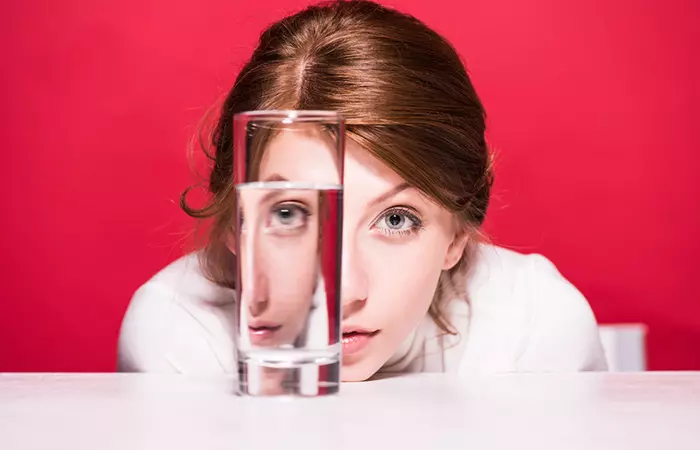
According to the Centers for Disease Control and Prevention, the daily fluid intake varies and depends on the person’s age, sex, medical conditions, and daily activity (23). The National Academies of Sciences, Engineering, and Medicine recommends women to drink 2.7 liters (91 oz) of total water (from all food and beverages) and men to drink a total of 3.7 liters (125 oz) (24). Scientists from the Netherlands recommend 2.2 liters of water for women and 3 liters for men per day (25). Sara Chatfield, RDN, says, “Estimated recommendations for fluid intake are about 13 cups per day for men and 9 cups per day for women. This includes fluids from other beverages and foods.”
It is clear that it is not true that everyone should drink 3-4 liters of water every day, as hydration needs may vary as per your activity level, age, and climate. Ideally, you should pay attention to your thirst signals to adjust your water intake. You may also talk to your doctor and restrict your daily water intake to a maximum of 3 liters. Or, use this water intake calculator to monitor your daily intake.
What should you do if you accidentally drink too much water? How can it be treated? Find out in the following section.
How To Treat Overhydration Or Water Intoxication
Here’s how you can reverse the dangerous side effects of overhydration or water intoxication:
- Stop any further water intake.
- Seek medical attention if you do not feel well and feel like you are going to pass out.
- Stop taking any medication that is causing water retention in the body.
- A doctor may administer sodium to help bring back the balance in your body fluids.
- You may be given diuretics.
As they say, prevention is better than cure. Let’s take a look at the following ways to prevent overhydration.
Ways To Prevent Overhydration Or Water Intoxication
You can easily prevent overhydration by paying attention to your thirst cues instead of sticking to rigid hydration rules. It is a great idea to get advice from a healthcare professional if you are unsure. You may also try the following tips to stop drinking too much water:
- If you have medical conditions like diabetes or kidney problems, talk to your doctor to find out how much water you should consume.
- If you exercise regularly, you may drink 2-4 cups of water per hour while exercising. If you need more water, drink sports drinks as they contain electrolytes that help balance the salts in your body.
- Endurance athletes should measure their weight before and after a race to determine how much water they lost from the body. The lost water can be replenished without running the risk of overhydration.
People Prone To Overhydration

You might end up drinking too much water if you:
- run marathons or ultramarathons.
- are a hiker or a biker.
- are a triathlete.
- are an elite rower.
- are an endurance cyclist.
- are a soccer player.
- are in military training
- are obsessed with consuming water for “health.”
Infographic: 5 Major Side Effects Of Excessive Water Consumption
There is a stark difference between staying hydrated and overburdening your body with too much water. Overhydration can lead to serious health complications, and some of them may warrant a quick ride to your nearest hospital. We’ve narrowed down some of the severe ones that need your attention here.
Check out the infographic below to learn more about the major adverse effects of having too much water. Illustration: StyleCraze Design Team
We all know about the significance of water in our overall well-being and how important it is to stay hydrated. However, too much of it can have adverse effects too. As we see above, an overconsumption of water may lead to hyponatremia and can put undue stress on your liver and kidneys. It could lead to the cells swelling up and hamper normal brain functioning as well. Fatigue, swelling of hands and feet, bloating and stomach cramps, or muscle weakness may all hint at an excess water intake. Keeping track of how much water you drink would help you get its many benefits without worrying about the possible risks of overconsumption. Moreover, make sure you don’t drink too much hot water, as you may face some side effects of drinking hot water that may cause an overbearing health issue later.
Frequently Asked Questions
Can you die from drinking too much water?
In the worst-case scenario, yes, you can die if you drink too much water.
Can you lose weight by drinking water?
Drinking water helps flush out toxins and accelerates metabolism. But, that does not mean you can lose all the flab in just a day by drinking water. You must eat well and exercise to lose weight.
Can drinking too much water make you gain weight?
Yes, if you drink too much water, it gets retained in the body. As a result, you gain water weight.
Are there disadvantages of drinking hot water?
When in doubt, opt for warm water over hot water. Just ensure it’s not too hot to avoid any potential issues.
How much water is too much in one hour?
It depends on what you are doing in that hour. You may sip 250 ml water within an hour. Space your water intake in a way that you do not exceed the daily limit of 3 liters of water.
How long does it take for overhydration to go away?
The effects of overhydration may take hours or a few days to subside. Cutting down sodium intake and other fluids may help accelerate the process.
Does salt help with overhydration?
Consuming sal does not help with overhydration. But restricting the intake of salt is necessary if you are overhydrated as sodium will otherwise cause your body to retain water.
Can drinking too much water cause high blood pressure?
Drinking too much water may increase systolic pressure in aged people and patients with autonomic failure (26).
Illustration: Dangers Of Drinking Too Much Water - How To Prevent Water Intoxication
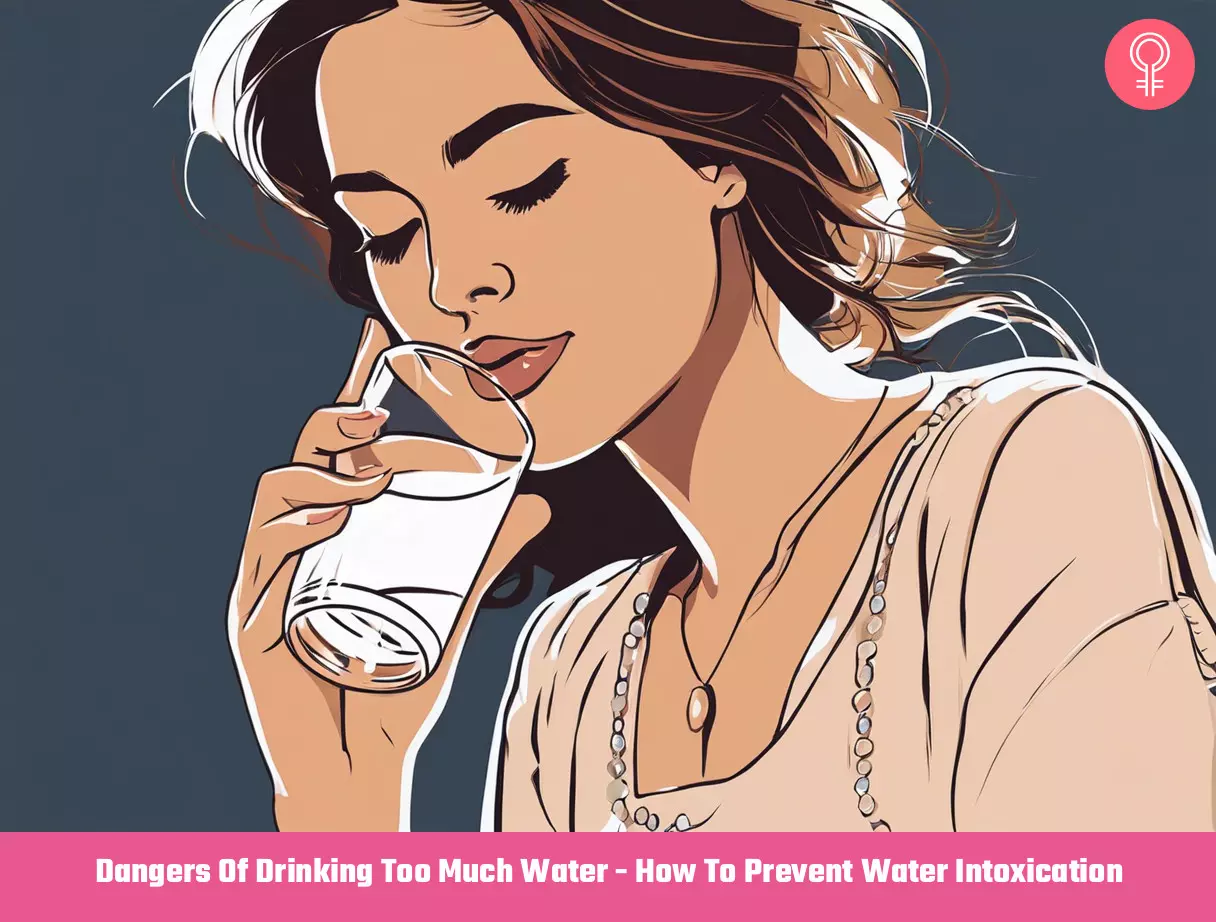
Image: Stable Diffusion/StyleCraze Design Team
References
Articles on StyleCraze are backed by verified information from peer-reviewed and academic research papers, reputed organizations, research institutions, and medical associations to ensure accuracy and relevance. Read our editorial policy to learn more.
- Water, Hydration and Health, Nutrition Reviews, US National Library of Medicine, National Institutes of Health.
https://www.ncbi.nlm.nih.gov/pmc/articles/PMC2908954/ - Hyponatremia caused by excessive intake of water as a form of child abuse, Annals of Pediatric Endocrinology & Metabolism, US National Library of Medicine, National Institutes of Health.
https://www.ncbi.nlm.nih.gov/pmc/articles/PMC4027093/ - Fatal water intoxication, Journal of Clinical Pathology, US National Library of Medicine, National Institutes of Health.
https://www.ncbi.nlm.nih.gov/pmc/articles/PMC1770067/ - A Case of Water Intoxication with Prolonged Hyponatremia Caused by Excessive Water Drinking and Secondary SIADH, Case Reports in Nephrology and Urology, US National Library of Medicine, National Institutes of Health.
https://www.ncbi.nlm.nih.gov/pmc/articles/PMC3924712/ - Hyponatremia, StatsPearl, US National Library of Medicine, National Institutes of Health.
https://www.ncbi.nlm.nih.gov/books/NBK470386/ - Osmosis, Water Channels, and the Regulation of Cell Volume, Molecular Cell Biology. 4th edition, US National Library of Medicine, National Institutes of Health.
https://www.ncbi.nlm.nih.gov/books/NBK21739/ - Pathophysiology and management of hypokalemia: a clinical perspective, Nature Reviews. Nephrology, US National Library of Medicine, National Institutes of Health.
https://pubmed.ncbi.nlm.nih.gov/21278718/ - Reversible stroke-like symptoms with severe hyponatremia, Tennessee Medicine, US National Library of Medicine, National Institutes of Health.
https://pubmed.ncbi.nlm.nih.gov/23505804/ - Severe Hyponatremia Presenting with Minimal Symptoms, Curēus, US National Library of Medicine, National Institutes of Health.
https://www.ncbi.nlm.nih.gov/pmc/articles/PMC5757850/ - Hyponatremia-induced psychosis in an industrial setting, Industrial Psychiatry Journal, US National Library of Medicine, National Institutes of Health.
https://www.ncbi.nlm.nih.gov/pmc/articles/PMC2996200/ - Effects of Hyponatremia on the Brain, Journal of Clinical Medicine, US National Library of Medicine, National Institutes of Health.
https://www.ncbi.nlm.nih.gov/pmc/articles/PMC4470176/ - Overhydration Is a Strong Predictor of Mortality in Peritoneal Dialysis Patients – Independently of Cardiac Failure, PloS One, US National Library of Medicine, National Institutes of Health.
https://pubmed.ncbi.nlm.nih.gov/27415758/ - Association of Fluid Overload with Cardiovascular Morbidity and All-Cause Mortality in Stages 4 and 5 CKD, Clinical Journal of American Society of Nephrology, US National Library of Medicine, National Institutes of Health.
https://journals.lww.com/cjasn/pages/articleviewer.aspx?year=2015&issue=01000&article=00008&type=Fulltext - Seizure and acute osmotic change: clinical and neurophysiological aspects, Journal of the Neurological Sciences, US National Library of Medicine, National Institutes of Health.
https://pubmed.ncbi.nlm.nih.gov/2027029/ - Fluid overload and acute kidney injury: cause or consequence? Crit Care, US National Library of Medicine, National Institutes of Health.
https://www.ncbi.nlm.nih.gov/pmc/articles/PMC4699346/ - High Water Intake and Progression of Chronic Kidney Diseases, Electrolyte & Blood Pressure, US National Library of Medicine, National Institutes of Health.
https://www.ncbi.nlm.nih.gov/pmc/articles/PMC4737661/ - Iron Overload in Patients With Chronic Liver Disease, Gastroenterology & Hepatology, US National Library of Medicine, National Institutes of Health.
https://www.ncbi.nlm.nih.gov/pmc/articles/PMC5193089/ - Hyponatremia in Patients with Cirrhosis of the Liver, Journal of Clinical Medicine, US National Library of Medicine, National Institutes of Health.
https://www.ncbi.nlm.nih.gov/pmc/articles/PMC4470241/ - The Disinfection of Drinking Water, Drinking Water and Health: Volume 2, US National Library of Medicine, National Institutes of Health.
https://www.ncbi.nlm.nih.gov/books/NBK234590/ - Chlorination, chlorination by-products, and cancer: a meta-analysis, American Journal of Public Health, US National Library of Medicine, National Institutes of Health.
https://www.ncbi.nlm.nih.gov/pubmed/1535181 - Colorectal cancers and chlorinated water, World Journal of Gastrointestinal Oncology, US National Library of Medicine, National Institutes of Health.
https://www.ncbi.nlm.nih.gov/pmc/articles/PMC4824718/ - The water-intoxicated patient, Archives of Psychiatric Nursing, US National Library of Medicine, National Institutes of Health.
https://pubmed.ncbi.nlm.nih.gov/2260889/ - Get the Facts: Drinking Water and Intake, Centers for Disease Control and Prevention.
https://www.cdc.gov/nutrition/php/data-research/fast-facts-water-consumption.html?CDC_AAref_Val=https://www.cdc.gov/nutrition/data-statistics/plain-water-the-healthier-choice.html - Dietary Reference Intakes: Water, Potassium, Sodium, Chloride, and Sulfate, The National Academics of Sciences Engineering Medicine.
https://www.nationalacademies.org/hmd/Reports/2004/Dietary-Reference-Intakes-Water-Potassium-Sodium-Chloride-and-Sulfate.aspx - How much water do we really need to drink? Nederlands Tijdschrift Voor Geneeskunde, US National Library of Medicine, National Institutes of Health.
https://pubmed.ncbi.nlm.nih.gov/20356431/ - The Pressor Response to Water Drinking in Humans: A Sympathetic Reflex?
https://www.ahajournals.org/doi/pdf/10.1161/01.cir.101.5.504
Read full bio of Madhu Sharma
- Mary Sabat, MS, RDN, LD, is a registered dietitian and a certified in personal training by the American Council of Exercise. She has 30 years of experience in nutrition education, wellness coaching, fitness training, holistic health, and weight loss coaching. She obtained her bachelor's degree in Dietetics and Nutrition from the University of Delaware and master’s degree in Human Nutrition with an emphasis on Exercise Science from Rutgers University.
 Mary Sabat, MS, RDN, LD, is a registered dietitian and a certified in personal training by the American Council of Exercise. She has 30 years of experience in nutrition education, wellness coaching, fitness training, holistic health, and weight loss coaching. She obtained her bachelor's degree in Dietetics and Nutrition from the University of Delaware and master’s degree in Human Nutrition with an emphasis on Exercise Science from Rutgers University.
Mary Sabat, MS, RDN, LD, is a registered dietitian and a certified in personal training by the American Council of Exercise. She has 30 years of experience in nutrition education, wellness coaching, fitness training, holistic health, and weight loss coaching. She obtained her bachelor's degree in Dietetics and Nutrition from the University of Delaware and master’s degree in Human Nutrition with an emphasis on Exercise Science from Rutgers University. - Barbara Kovalenko is a nutritional consultant with 4 years of experience in nutrition and mindful eating coaching. She earned her bachelor's degree in nutrition from Bogomolets National Medical University, Ukraine and master's degree from Boston University, USA.
 Barbara Kovalenko is a nutritional consultant with 4 years of experience in nutrition and mindful eating coaching. She earned her bachelor's degree in nutrition from Bogomolets National Medical University, Ukraine and master's degree from Boston University, USA.
Barbara Kovalenko is a nutritional consultant with 4 years of experience in nutrition and mindful eating coaching. She earned her bachelor's degree in nutrition from Bogomolets National Medical University, Ukraine and master's degree from Boston University, USA. - Sara Chatfield, MPH, RDN, is a Registered Dietitian Nutritionist with over 5 years of experience. She has a Master's in Public Health in Human Nutrition from the University of Michigan. She has worked in both clinical and public health settings, providing nutrition care to patients and clients with various health concerns.
 Sara Chatfield, MPH, RDN, is a Registered Dietitian Nutritionist with over 5 years of experience. She has a Master's in Public Health in Human Nutrition from the University of Michigan. She has worked in both clinical and public health settings, providing nutrition care to patients and clients with various health concerns.
Sara Chatfield, MPH, RDN, is a Registered Dietitian Nutritionist with over 5 years of experience. She has a Master's in Public Health in Human Nutrition from the University of Michigan. She has worked in both clinical and public health settings, providing nutrition care to patients and clients with various health concerns.
Read full bio of Ravi Teja Tadimalla
Read full bio of Sindhu Koganti







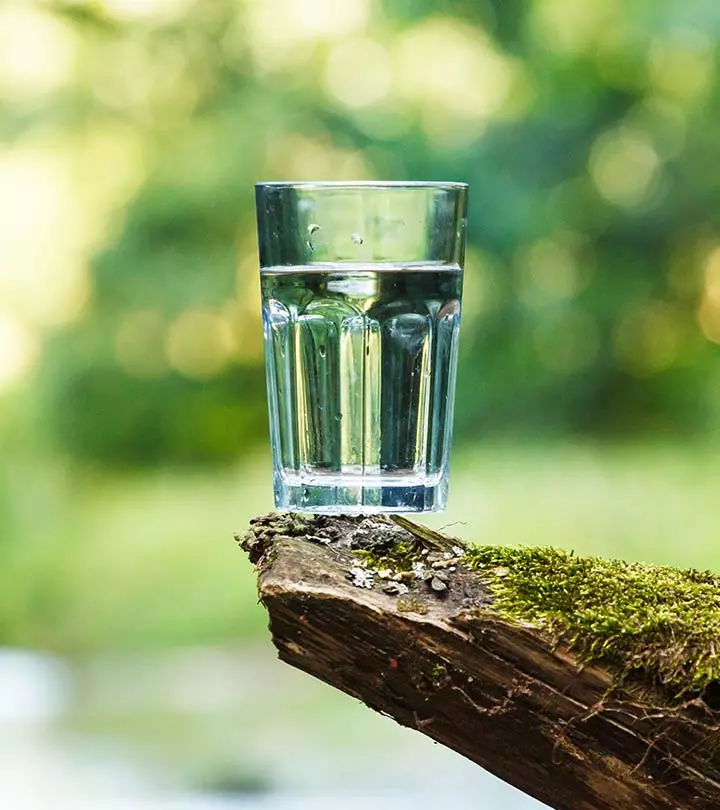


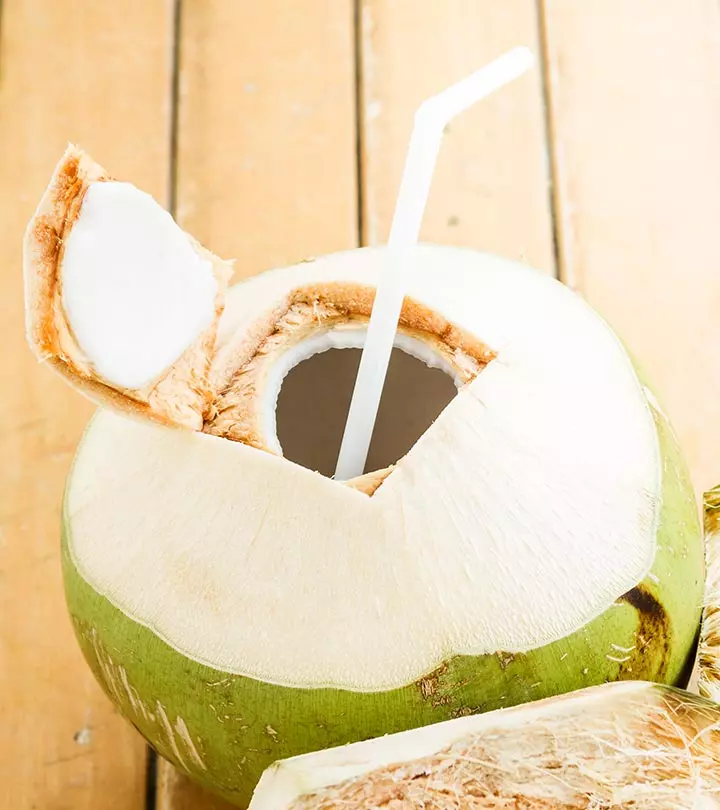

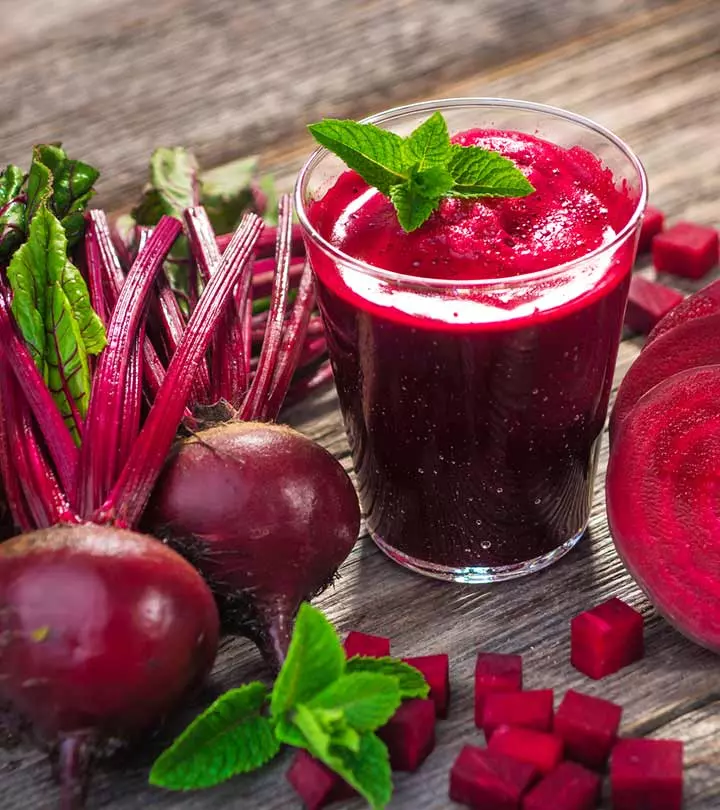
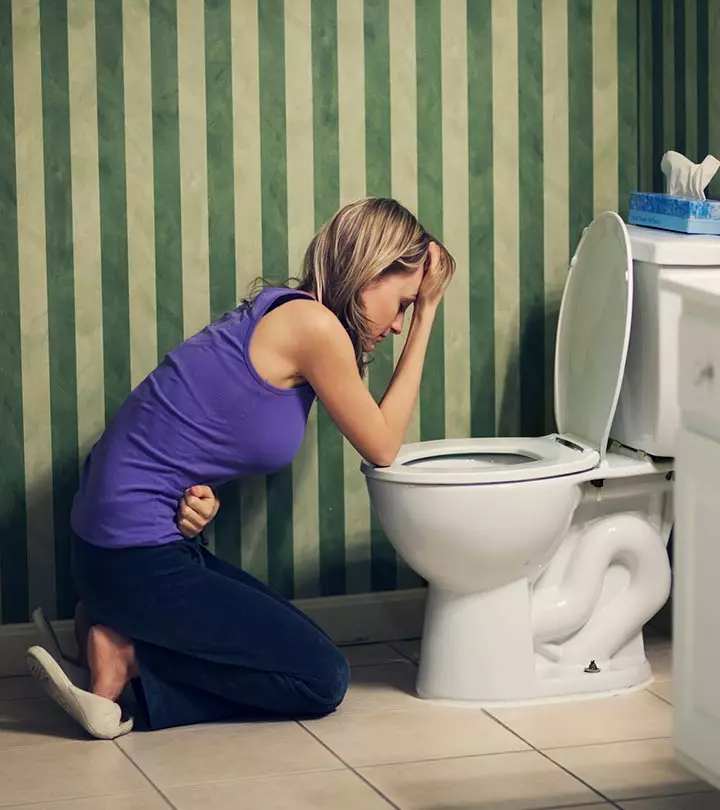
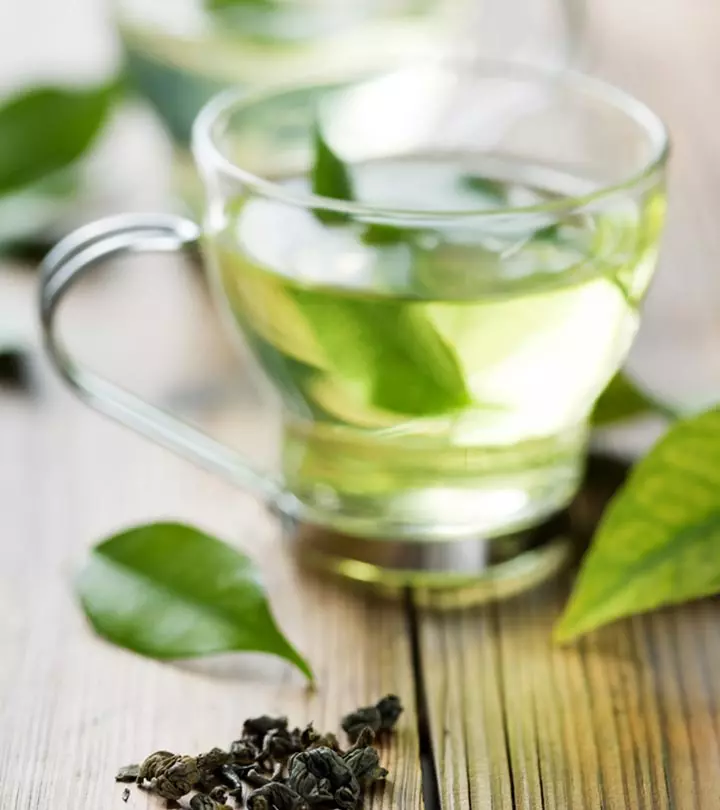
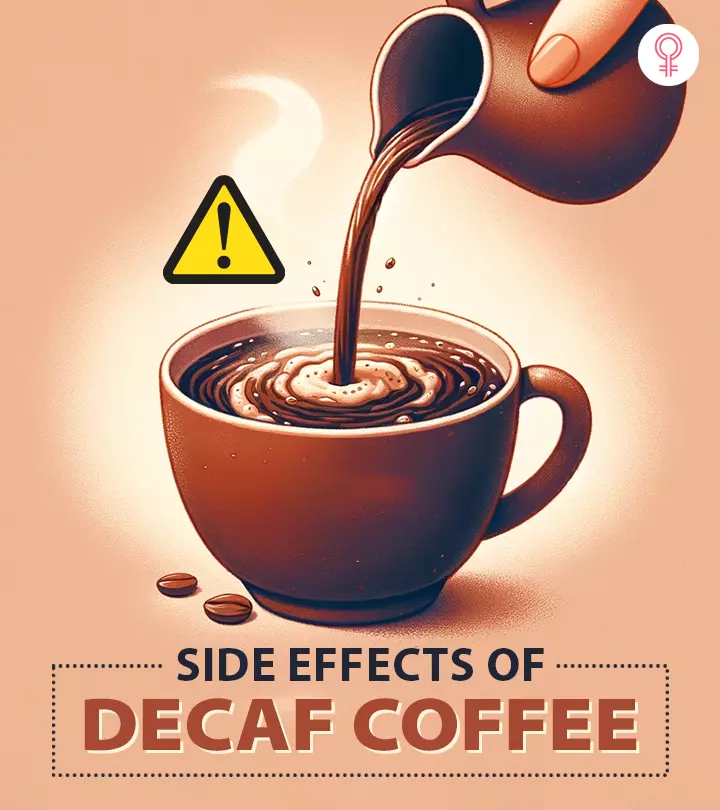



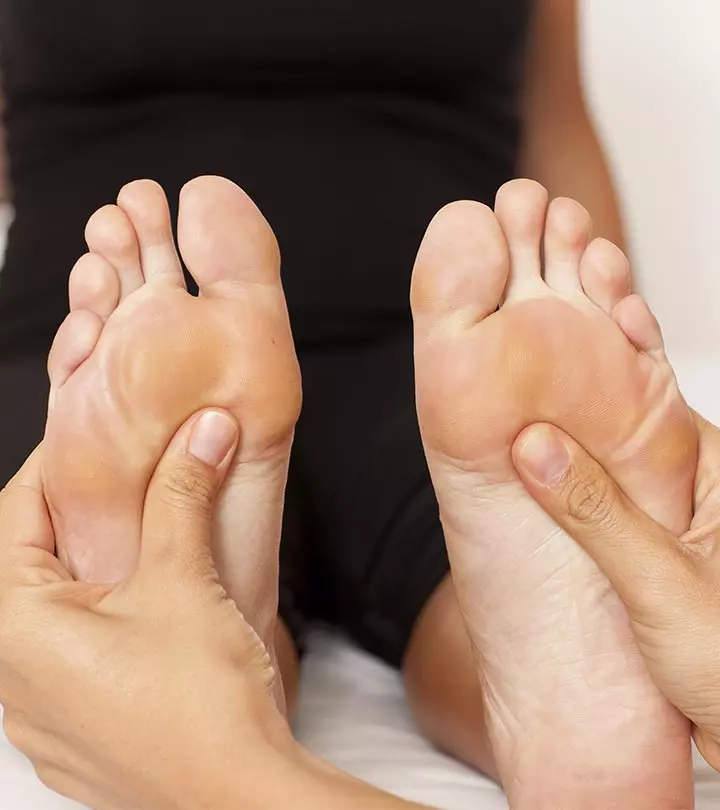





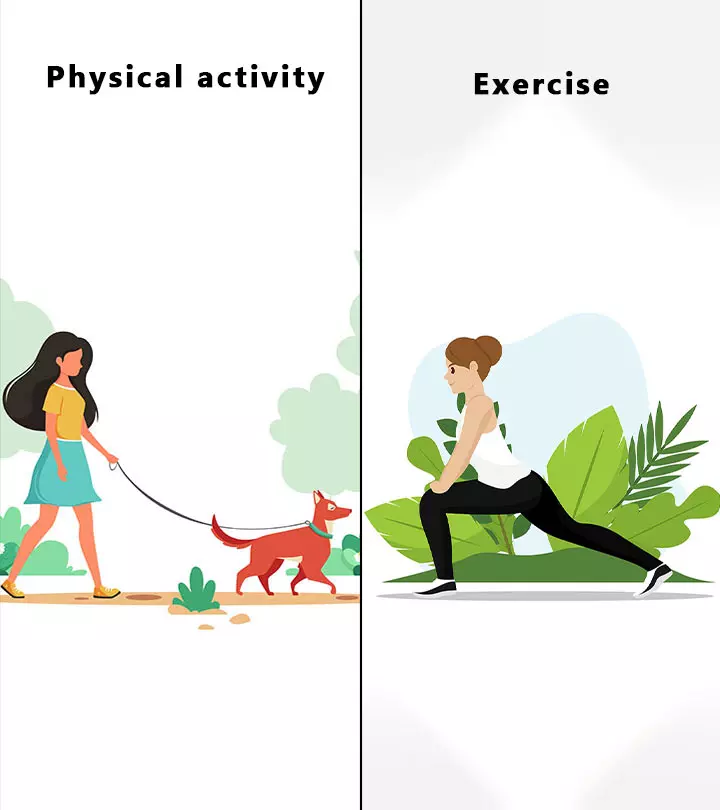


Community Experiences
Join the conversation and become a part of our empowering community! Share your stories, experiences, and insights to connect with other beauty, lifestyle, and health enthusiasts.